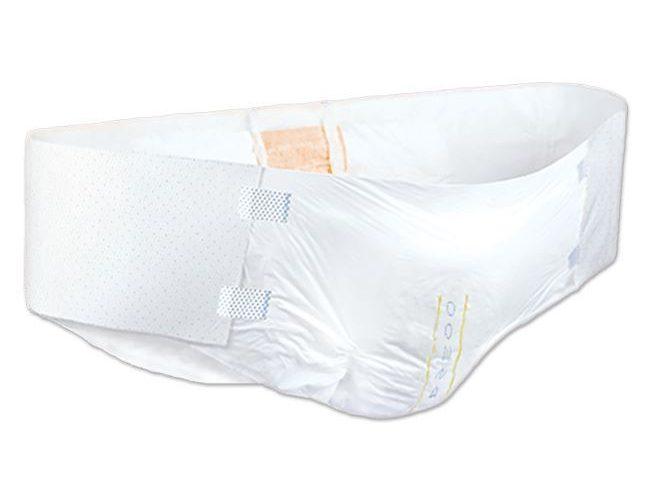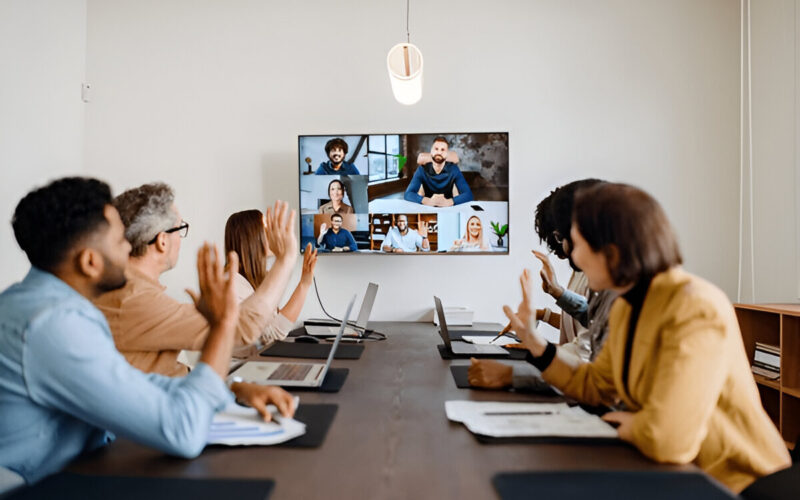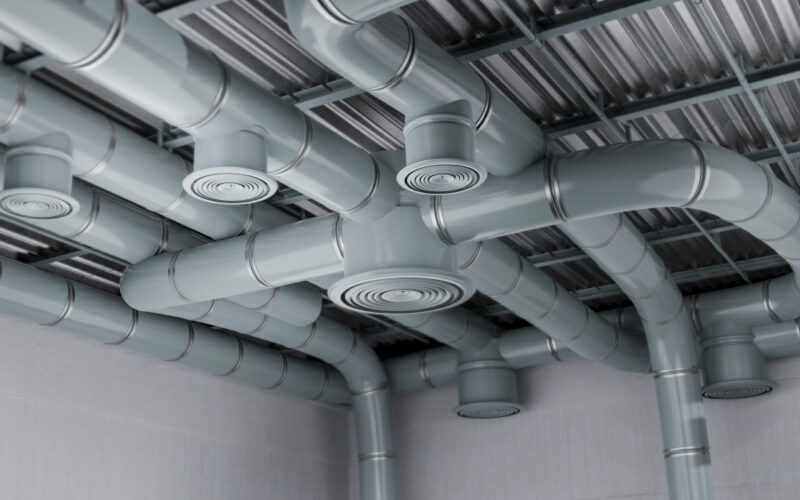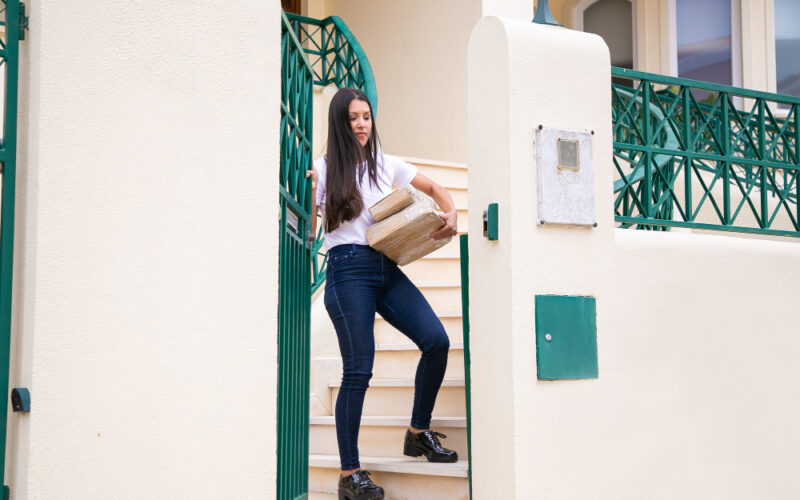
December 20, 2021
Deny it a thousand times, but when incontinence knocks the door, alongside calls Anxiety our name. It is a vicious chain of events where incontinence leads to anxiety leads to incontinence! Ah! So, what to do? Says Confidenceclub, mens nappies come helpful, but they do not treat the actual thing. You may buy men pads (Australia) but you have to do something more at the very core. So, what must you do to ease down those quivering nerves and bring a smile on your face? What are the ways that can help you stop midway on a summer’s day and say, “What a beautiful day it is!”?
When anxiety worsens the incontinence!
We are not here to count you the problems you already have but to tell you the solutions that could be of help. However, the fundamentals that root these issues need to be told. These fundamentals help in treating the condition with confidence. Studies have found that stress, depression, and anxiety disorders gradually lead to Urinary Incontinence due to an Overactive Bladder. However, an Overactive Bladder leading to urinary incontinence is a rare happening. But what if you already have incontinence and anxiety together? This is where the situation takes a terrible turn. Anxiety causes stress hormones like Cortisol to release. These hormones serve an evolutionary purpose when in a certain limit. But chronic stress disrupts normal human functioning and damages the neural pathways. This leads to an Overactive Bladder. You feel a sudden urge to urinate. This sometimes leads to an involuntary loss of urine. It is terrible and it makes people further anxious. Their confidence falls, says Confidenceclub, mens nappies get bought, and doctors get sought. So what to do?How to treat anxiety and bid farewell to incontinence nappies?
Buy men pads Australia for the time being. But you have to make sure of one thing – When you wear, says Confidenceclub, mens nappies or women’s, do not depend on them; go to the bathroom when you feel the urge to urinate; do not urinate in nappies just because you have them. It will create a sense of dependency and new neural pathways won’t take place to help you gain the control back.- Try to bring down your stress. There are two good ways of doing it:
- Perform yoga, meditation, and mindfulness to help you neutralize that excess stress.
- Another way, which is far better, is to understand your anxiety rather than repelling it. Observe your body under anxiety, try to question it, know its root, and this way you’ll be able to reduce the impact of the Autonomic Nervous System. This means that you’ll rather act than react.
- Try seeing a behavioral therapist. Sometimes we might fail to address the root of our anxiety by self. Or we know the root but do not know what to do about it. Behavioral therapists work on treating your fears and anxieties through proven techniques.
- Dietary changes work on dealing with the underlying physiological issues. Sometimes certain drugs or foods turn to be the cause of an overactive bladder. For example, drinking too much coffee could be leading to urinary tract infection. Or dehydration too leads to urinary tract infection. These things lead to nerve damage around the bladder. Avoid diuretics like coffee, alcohol, soda, and chocolate, as they lead to body getting dehydrated. Take enough fibers. Eat lentils, almonds, a large variety of fruits and vegetables. Avoid highly acidic fruits as they’ll further irritate your bladder.





